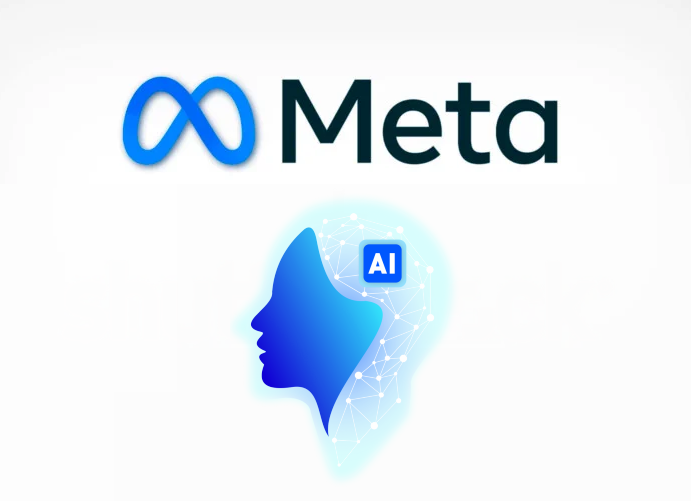Shaking Up the Emerging Market: Meta Launches Commercial Version of Open-Source AI Model Llama
Meta has announced the release of Llama 2, a commercial version of its open-source artificial intelligence model. This move aims to provide startups and businesses with a cost-effective alternative to expensive proprietary models offered by giants like OpenAI and Google.
The new Llama 2 model will be distributed through Microsoft's Azure cloud service and is designed to run on the Windows operating system. In a blog post, Meta referred to Microsoft as its "preferred partner" for the release. Previously, Llama was exclusively available to select academics for research purposes, but now it will also be accessible through direct download and various providers, including Amazon Web Services and Hugging Face.
Meta CEO Mark Zuckerberg emphasized the importance of open-source technology in driving innovation, allowing developers to leverage new advancements more effectively. Making the sophisticated Llama model freely available to businesses threatens the early dominance of generative AI software providers like OpenAI, whose models are already offered to customers through Azure, supported by Microsoft.
Llama's first version was already competitive with models powering OpenAI's ChatGPT and Google's Bard chatbot. The new Llama 2 has been further enhanced, trained on 40 percent more data than its predecessor, and fine-tuned with over 1 million human annotations to improve its output quality.
Amjad Masad, CEO of software developer platform Replit, sees the introduction of the commercial Llama as a potential game-changer, pointing out that incremental improvements in open-source models could eat into the market share of closed-source alternatives, reducing dependency and costs for businesses.
This announcement follows Google and Amazon's plans to offer a range of AI models to business customers. Microsoft's approach of supporting Llama could be seen as a strategic move to extend its position as the go-to cloud platform for AI work by giving developers more choices.
For Meta, fostering an open-source ecosystem of AI tech built on its models could disrupt rivals' revenue streams based on proprietary technology. By making the model free, Meta aims to attract a community of developers and researchers who can contribute to improvements and innovations, as seen with its widely adopted open-source AI framework, PyTorch.
While releasing Llama into the wild can lead to the development of powerful AI products, there are risks associated with malicious actors exploiting the technology. However, Meta executives believe that public releases actually reduce safety risks by leveraging the collective knowledge of the crowd to identify issues and strengthen the system. The company has also implemented an "acceptable use" policy for commercial Llama to prevent misuse in activities such as violence, terrorism, child exploitation, and other criminal acts.
